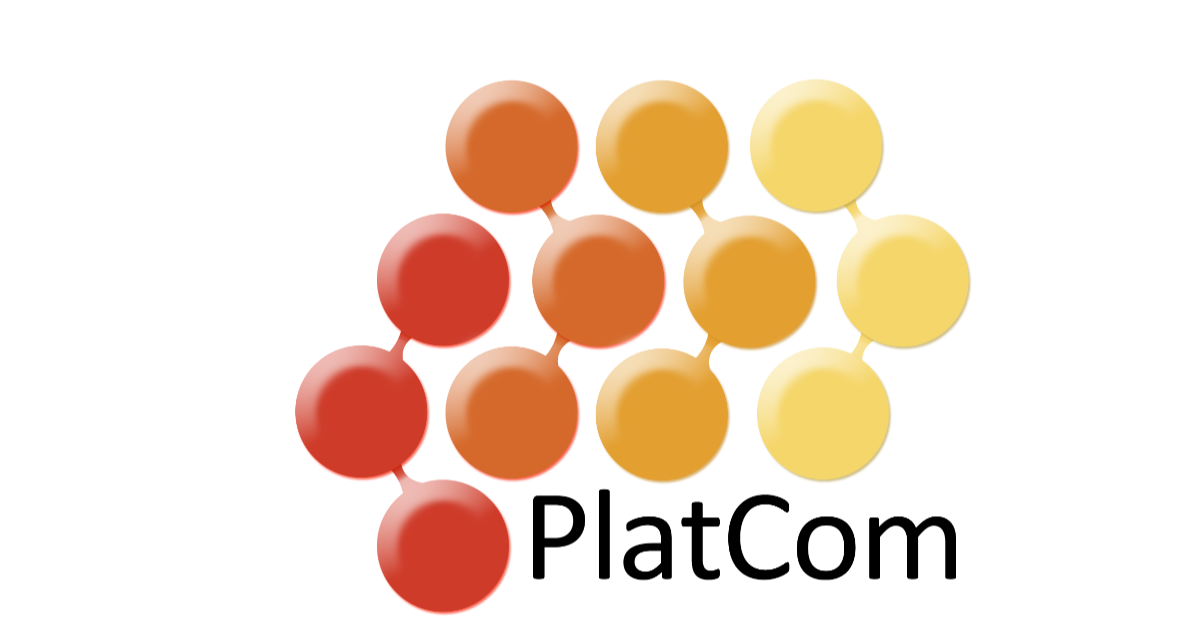Month: abril 2013
Female online participation in the brazilian presidential campaign. Readers’ comments in two Portuguese newspapers as a case study
 Female online participation in the brazilian presidential campaign
Female online participation in the brazilian presidential campaign
Readers’ comments in two Portuguese newspapers as a case study
Autora: SILVA, Marisa Torres Da
Post-doctoral researcher in New University of Lisbon (Portugal) / CIMJ
Abstract
The Internet encloses unambiguous possibilities of public communication and debate, by creating new spaces for political expression and participation. As a potential deliberative section, readers’ comments in newspapers’ websites constitute a domain enabling citizens to express their views on a particular issue, reacting specifically to a news piece and discussing it along with other readers as well.
From a gender perspective, studying the women’s participation in online debates becomes increasingly relevant to understanding the social aspects of Internet use. Some studies have demonstrated, however, that gender differences in online communication tend to disfavour women: women send fewer messages, receive fewer responses and often aren’t able to control the topic of discussion (Herring, 2000).
This paper intends to take the debate around the Brazilian presidential campaign as a case study of the possibility of a“female” public sphere, attempting to analyse the way by which women discuss political issues online. Additionally, given the nature and characteristics of the main presidential candidates, our aim is also to understand whether questions about gender were important to the discussion or if the dichotomy male/female was suppressed in the public debate surrounding the campaign.
In order to fulfil these purposes, our research focuses on readers’ on the Brazilian presidential campaign (SeptemberNovember 2010) in the online versions of two Portuguese newspapers, Público and Expresso.
Keywords
Internet, readers’ comments, media, participation, gender
Cómo citar este artículo:
Silva, M. T. D (2013) Female online participation in the brazilian presidential campaign. Readers’ comments in two Portuguese newspapers as a case study, en Communication Papers, 2, 23-30.
Recuperado de:
http://communicationpapers.files.wordpress.com/2013/01/cp2013_02_06.pdf
Número de visitas de esta publicación
Inclusión educativa de colectivos desfavorecidos. Educación y género. Una mirada desde Argentina.
Inclusión educativa de colectivos desfavorecidos. Educación y género. Una mirada desde Argentina.
Educational inclusion of disadvantatged groups. Education and gender. A glance from Argentina.
BAS PEÑA, Encarnación
Universidad de Murcia
BARRÓN, Margarita
Universidad Nacional de Córdoba (Argentina)
Recibido: 03/01/2013 – Aceptado: 21/01/2013
Resumen
Este trabajo forma parte del Proyecto de Cooperación interuniversitaria “Inclusión educativa de colectivos desfavorecidos. Educación y género”, obtenido en la “I Convocatoria de proyectos de Cooperación al Desarrollo UMU-CAJAMAR”. Recogemos el trabajo realizado por la Universidad Nacional de Córdoba (Facultad de Filosofía y Humanidades. Argentina) y la Universidad de Murcia (España).
Analizamos el cumplimiento de las leyes argentinas sobre educación y género en los centros educativos CENMA, las percepciones del profesorado y del alumnado respecto a la igualdad y la violencia de género, y las medidas más utilizadas para promover la igualdad y prevenir la violencia de género.
Los resultados muestran un escaso conocimiento sobre las leyes argentinas referidas a equidad de género y prevención de la violencia de género, cuestiones no tratadas habitualmente en estos centros, el profesorado precisa materiales y formación para integrarlas en el currículo de forma continua y sistemática.
Palabras clave
educación, género, violencia, adolescencia.
Abstract
This work is part of the inter-university Cooperation Project “Inclusión educativa de colectivos desfavorecidos. Educación y género”, obtained in the “I Convocatoria de proyectos de Cooperación al Desarrollo UMU-CAJAMAR”. We collected the work of the National University of Córdoba (Faculty of Philosofy and Humanities. Argentina) and the Universty of Murcia (Spain).
We analyzed compliance with Argentine’s laws about education and gender in CENMA schools, the perceptions of teachers and students on equality and gender violence, and the measures used to promote equality and prevent gender violence.
The results show a lack of knowledge on Argentine laws regarding gender equality and prevention of gender violence, issues that have not been previously treated in these centers hence, the teachers need materials and training to integrate it continuously and systematically within the curriculum.
Keywords
education, gender, violence, adolescence
Cómo citar este artículo:
Bas-Peña, E. y Barrón, M. (2013): Inclusión educativa de colectivos desfavorecidos. Educación y género. Una mirada desde Argentina, en Communication Papers , 31-40.
ISSN: 2014-6752
Recuperado de:
http://communicationpapers.files.wordpress.com/2013/01/cp2013_02_11.pdf
Número de visitas de esta publicación
La revolución de la «fonofotografía»
Nueva página de Call for Papers para Cuadernos Artesanos de Comunicación de Latina
Nueva página de Call for Papers para Cuadernos Artesanos de Comunicación de Latina:
Número de visitas de esta publicación
- ← Previous
- 1
- 2
- 3


